All posts tagged "Juvenile Justice"
-
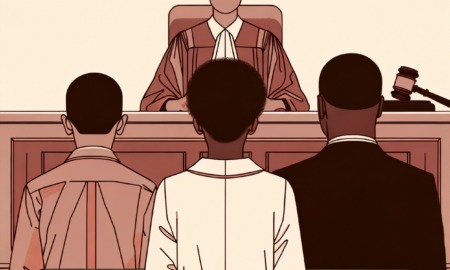
 885News
885NewsFor a handful of lawyers in Cuyahoga County, juvenile cases are big business
Judges steered two-thirds of juvenile criminal cases to just 10 lawyers in one year.
-
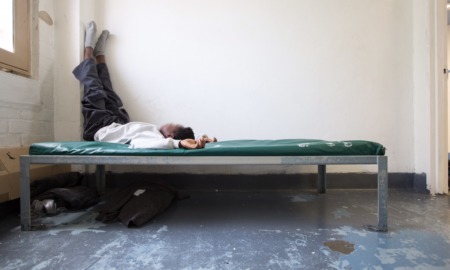
 854News
854NewsTennessee lawmakers want more oversight of juvenile detention. The Department of Children’s Services is pushing back.
New legislation gives an independent agency the power to require changes at juvenile facilities.
-

 1.6KGrants
1.6KGrantsYouth reentry support and recidivism prevention program grants
GRANT FOCUS: Juvenile Justice, Youth Reentry, Youth Recidivism, System-involved Youth, Youth Safety | Amount: Up to $750,000 | Deadline: Apr. 15, 2024
-
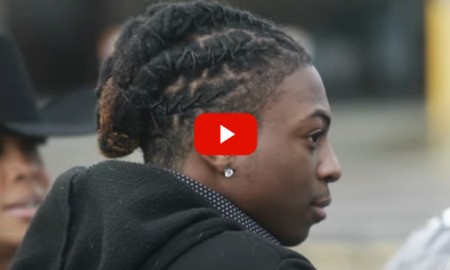
 1.3KOpinion
1.3KOpinionQ&A: Texas court ruling on a Black student wearing hair in long locs reflects history of racism in schools
America’s schools don’t always welcome, support or allow cultural expression.
-
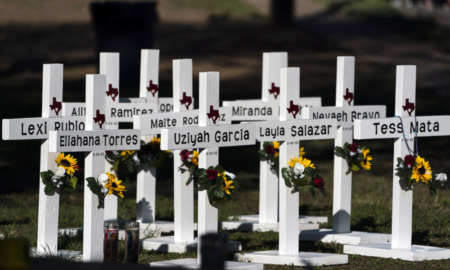
 1.3KNews
1.3KNewsActive shooter training: State-specific requirements for schools and law enforcement
Only two states have laws that require active shooter training for all officers.
-
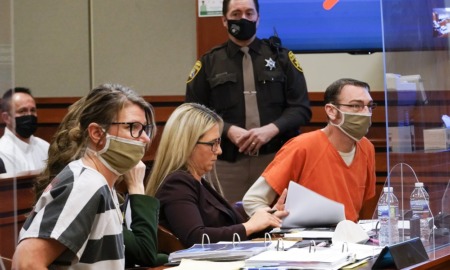
 2.9KNews
2.9KNewsA history of holding parents responsible for their kids’ crimes
About three-quarters of school shooters obtain their guns from a parent or another relative.
-
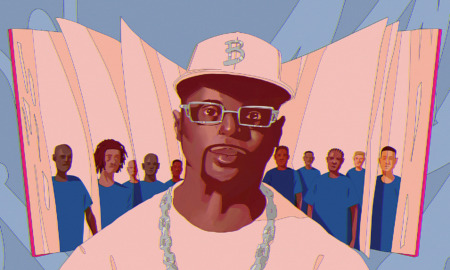
 1.6KOpinion
1.6KOpinionHere’s how I use my story to teach incarcerated kids that writing matters
If they don’t change their lives, what likely awaits them is prison or death.
-
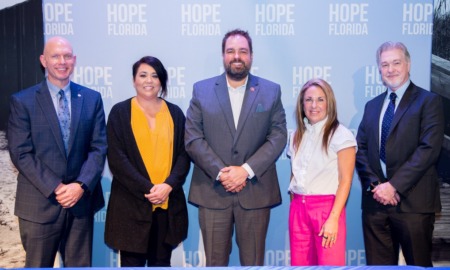
 807News
807NewsFlorida’s accomplishments highlighted at National Mentoring Month round table. What will you do in 2024?
Mentoring means dedication of one’s time to motivate, educate, support and inspire another individual.
-
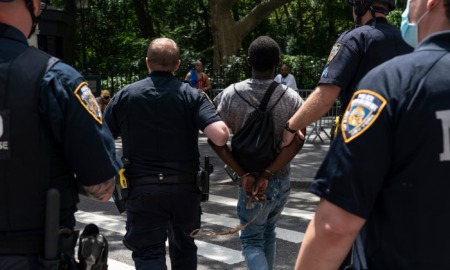
 1.1KNews
1.1KNews21 bodycam videos caught the NYPD wrongly arresting black kids on Halloween. Why can’t the public see the footage?
Police have undermined the promise of transparency and accountability that accompanied the body-camera movement.
-
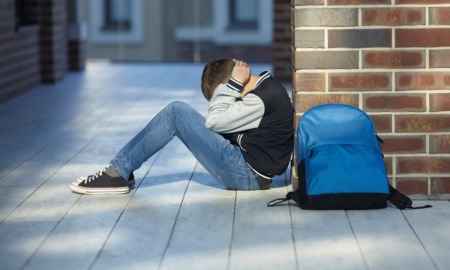
 5.2K► Reports
5.2K► ReportsCrime, violence, discipline, and safety in U.S. public schools
A new NCES report discusses school safety across the country using the latest data.
-

 601News
601NewsHow Cuyahoga County picks attorneys to represent children
Six judges decide whether to assign the public defender’s office or appoint private counsel.
-
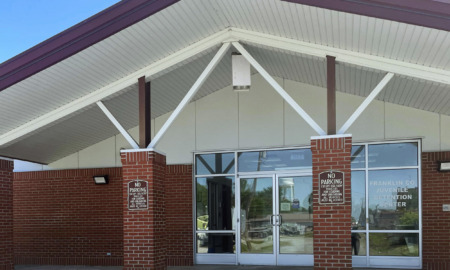
 846News
846NewsIllinois judge closes juvenile detention center after ‘facility in crisis’ fails to meet new state standards
The judge cited staffing shortages that made it difficult to meet new state standards.
-
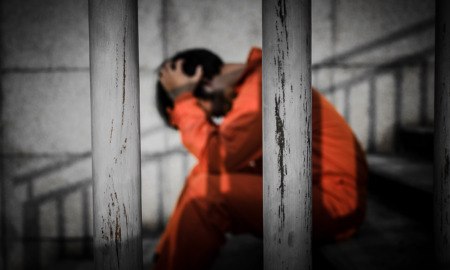
 1.3KNews
1.3KNewsLouisiana ponders policy changes with juvenile facilities at full capacity
Struggles at juvenile facilities make it hard to help the youths in its care.
-
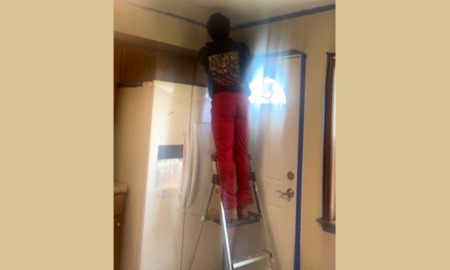
 1.3KOpinion
1.3KOpinionTrauma-informed ‘hubs’ reduce Chicago youth incarceration
The hubs, administrators say, follow best practices and principles of trauma-informed youth development and rehabilitation.
-
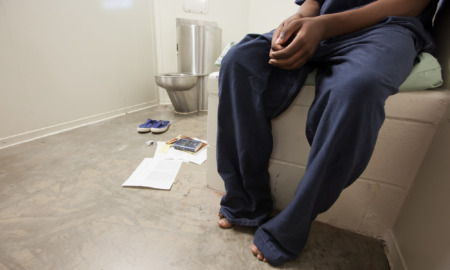
 795News
795NewsHundreds of seclusions were “Voluntary.” Some kids don’t see it that way.
Inspections by DCS and reports from detained youth suggest the seclusions are not voluntary.
-
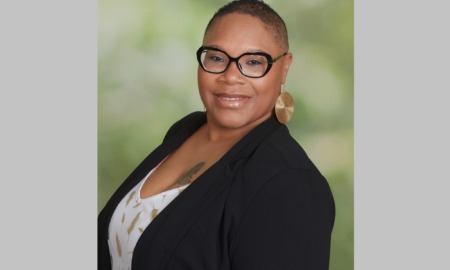
 1.6K► Newsmakers
1.6K► NewsmakersKimberly R. Alexander named executive director of M.O.B.B United and M.O.B.B United for Social Change
Kimberly R. Alexander is the new executive director of Moms of Black Boys United, Inc. (M.O.B.B. United) and M.O.B.B. United for Social...
-
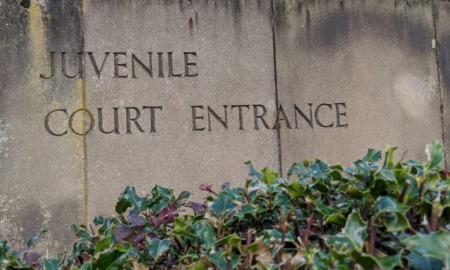
 1.8KNews
1.8KNewsJuvenile detention fees cripple families financially, opponents say
California was first to stop charging families for incarcerating juveniles. Most states continue levying.
-
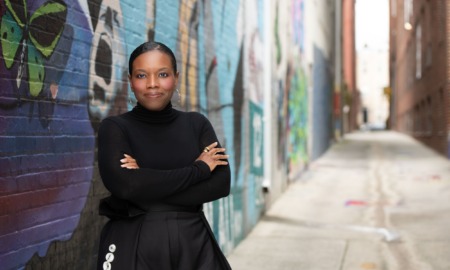
 1.6KNews
1.6KNewsPublic Welfare Foundation’s Candice Jones debunks the latest tough-on-crime rhetoric
Under Jones's leadership, the foundation focuses on funding organizations led by formerly incarcerated people.
-
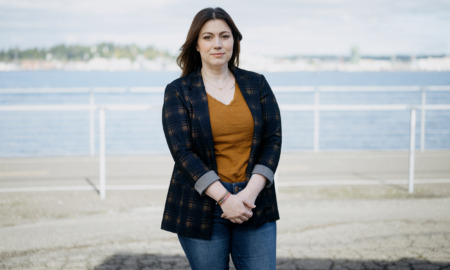
 1.5K► Podcasts
1.5K► PodcastsResearchers team up with court staff to help Washington homeless youth
A new program uses evidence-based surveys to identify teenagers in need of support services.
-
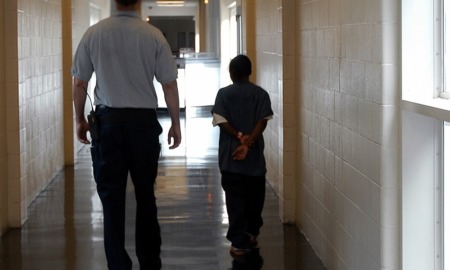
 3.8KOpinion
3.8KOpinionJuvenile justice staffing crisis: Time to reimagine our approach
The staffing crisis both jeopardizes the safety and well-being of employees and youth detainees.



























